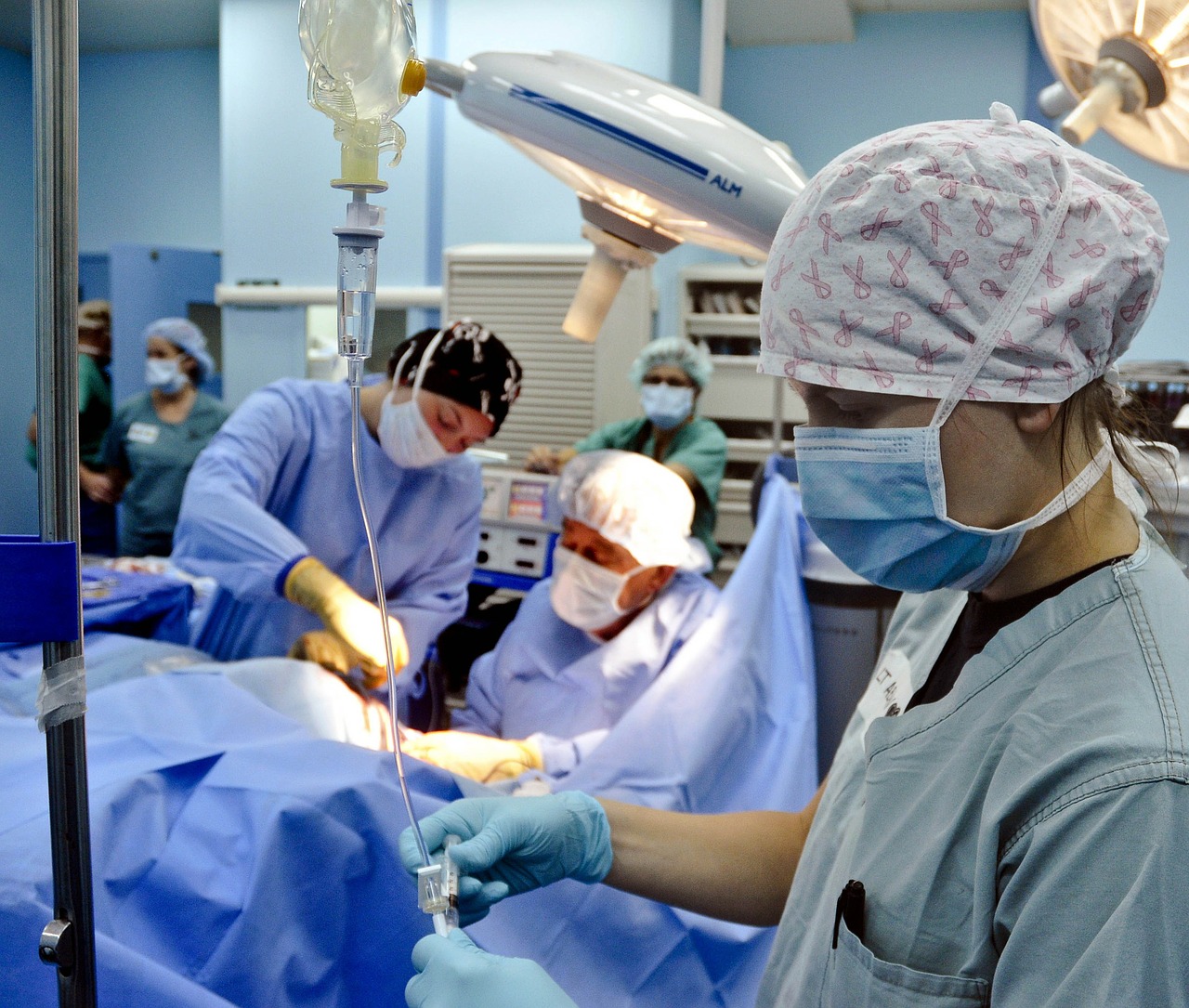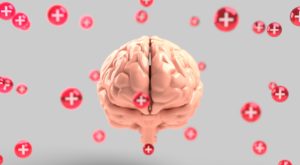January 19, 2021

According to a King’s College London study, nearly four in 10 NHS staff in intensive care units reported symptoms of post-traumatic stress disorder (PTSD) following the first wave of Covid-19.
Thoughts of self-harm, problem drinking, and symptoms of depression and anxiety were also prevalent among clinical staff who played a major role in treating the sickest patients in the early stages of the pandemic.
Intensive care unit and anaesthetic staff in six English hospitals were sent an anonymised web-based survey in June and July 2020. Of the 709 who responded:
The rate of probable PTSD among clinical staff is around nine times that of the rate seen in the general population, the study’s authors say.
Some 13.4% reported frequent thoughts of being better off dead or of hurting themselves in the previous two-week period. These feelings were more prevalent among nurses (19.2%) than doctors (7.6%) or other clinical staff (9.5%).
According to the study: “ICU staff have faced a particularly challenging time frequently working in areas where the risk of Covid-19 exposure is high for long periods, wearing PPE, with the challenges of managing staff and equipment shortages on a daily basis especially during the first wave.
“At times this had made it difficult for staff to deliver a normal standards of care. The high rate of mortality amongst Covid-19 patients admitted to ICU, coupled with difficulty in communication and providing adequate end-of-life support to patients and their next of kin, because of visiting restrictions, has been a specific stressor for all staff working in ICU.”
It adds that stressors including long working hours, childcare, difficulty getting PPE and regular exposure to ethical dilemmas may have also contributed to mental ill health during the period.
And it notes that UK ICU nurses are more likely to be younger adults and female – a demographic that has faced an increased risk of poor mental health during the pandemic.
Concluding, the study report says: “Given the requirement for ICU staff to highly functional as they care for critically ill patients, these data suggest that is imperative to ensure that adequate support is provisioned by NHS employers who have a moral and legal duty to appropriately safeguard staff wellbeing.
“Furthermore, unless employers properly protect the mental health of ICU staff, then they are more likely to function poorly with a consequential impact on their ability to deliver high quality patient care which is needed now more than ever.”
This is valid as of 19th January 2021.
 The "New Normal" has been a hard adjustment for us all and forced us into new situations. If you notice that some of your employees are struggling but don't know where to start, then watch our free webinar. Our speakers will provide you with some key action points that you can use that not only help in the short-term but will be beneficial in the future.
The "New Normal" has been a hard adjustment for us all and forced us into new situations. If you notice that some of your employees are struggling but don't know where to start, then watch our free webinar. Our speakers will provide you with some key action points that you can use that not only help in the short-term but will be beneficial in the future. Free downloads, advance notice of webinars, product updates and perks – all straight to your inbox.